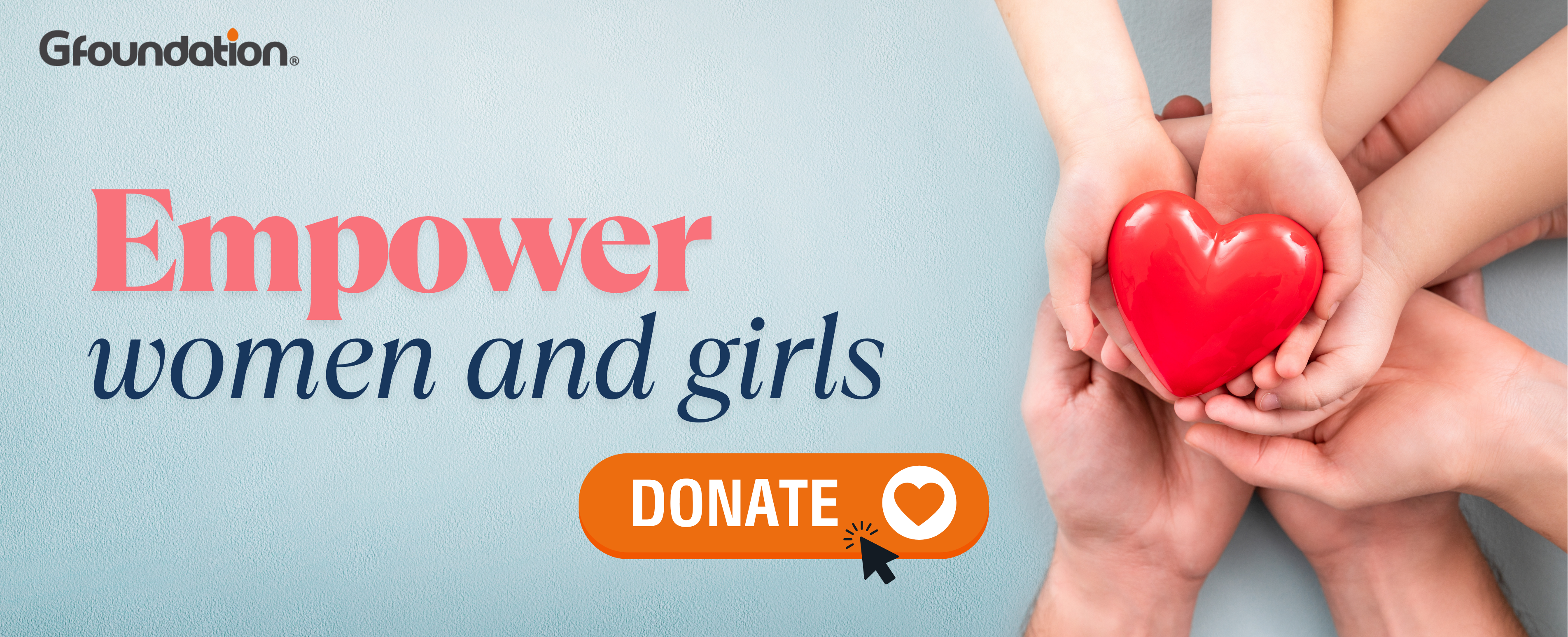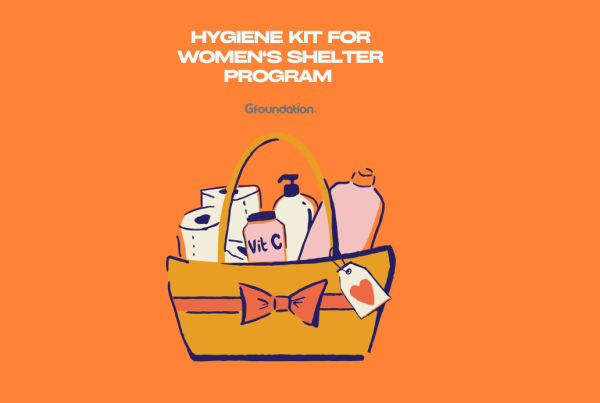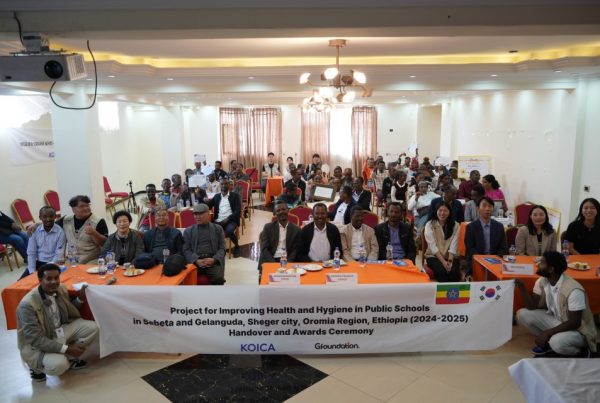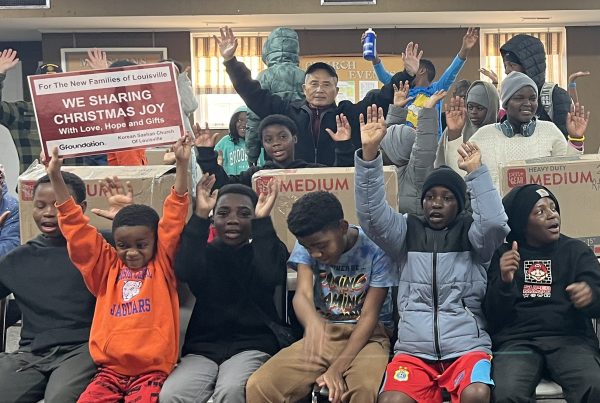Breaking the Menstrual Taboo in The Gambia
Recap of Mission in Chad
In our previous post, we shared how our pilot initiative supported menstrual health among adolescent girls in Chad by providing menstrual products. In this post, we will report on how your generous contributions were delivered to our mission in The Gambia, and discuss some of the unexpected challenges we faced during this process.
Existing Poverty in The Gambia
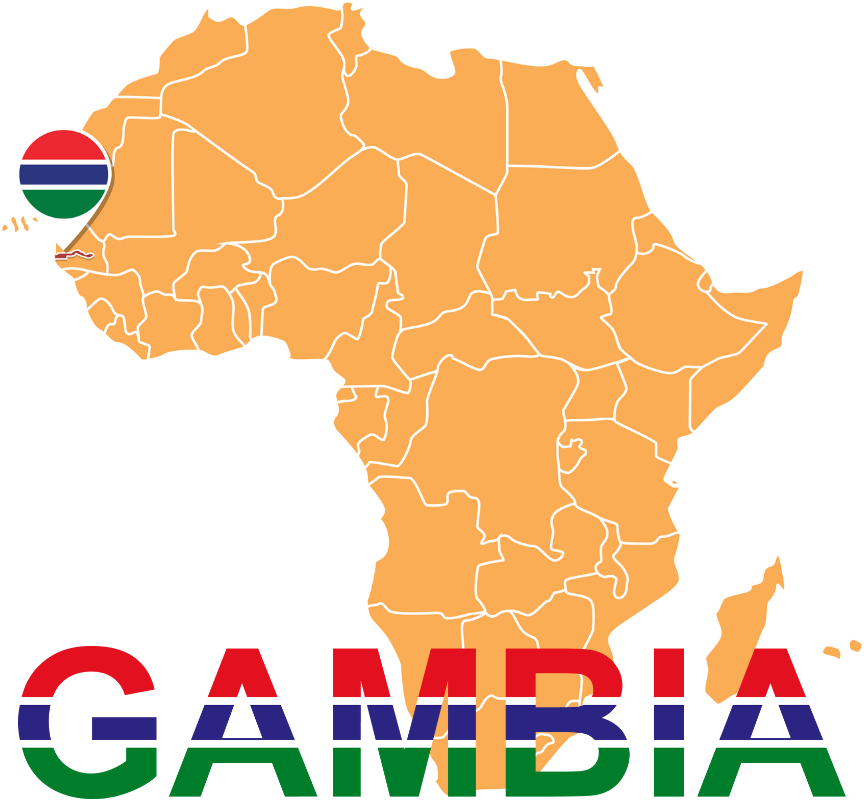
Among the smallest and most densely populated countries in Africa, The Gambia is located in West Africa, bordered by Senegal on all sides except for its western coastline along the Atlantic Ocean.
According to the 2023 Multidimensional Poverty Index by UNDP, nearly half the population (47.5%) lives in multidimensional poverty—a measure that reflects deprivations in health, education, and living standards. For many families, meeting even the most basic needs is a daily challenge—making a child’s education less of a priority.
Period Poverty
To make it worse, many girls and women face an additional dimension of poverty—period poverty. Due to the expensive price of sanitary pads, many resort to reusing pieces of cloth—often times shared with others—putting their health, dignity, and schooling at risk.
Delivering Sanitary Pads to Girls
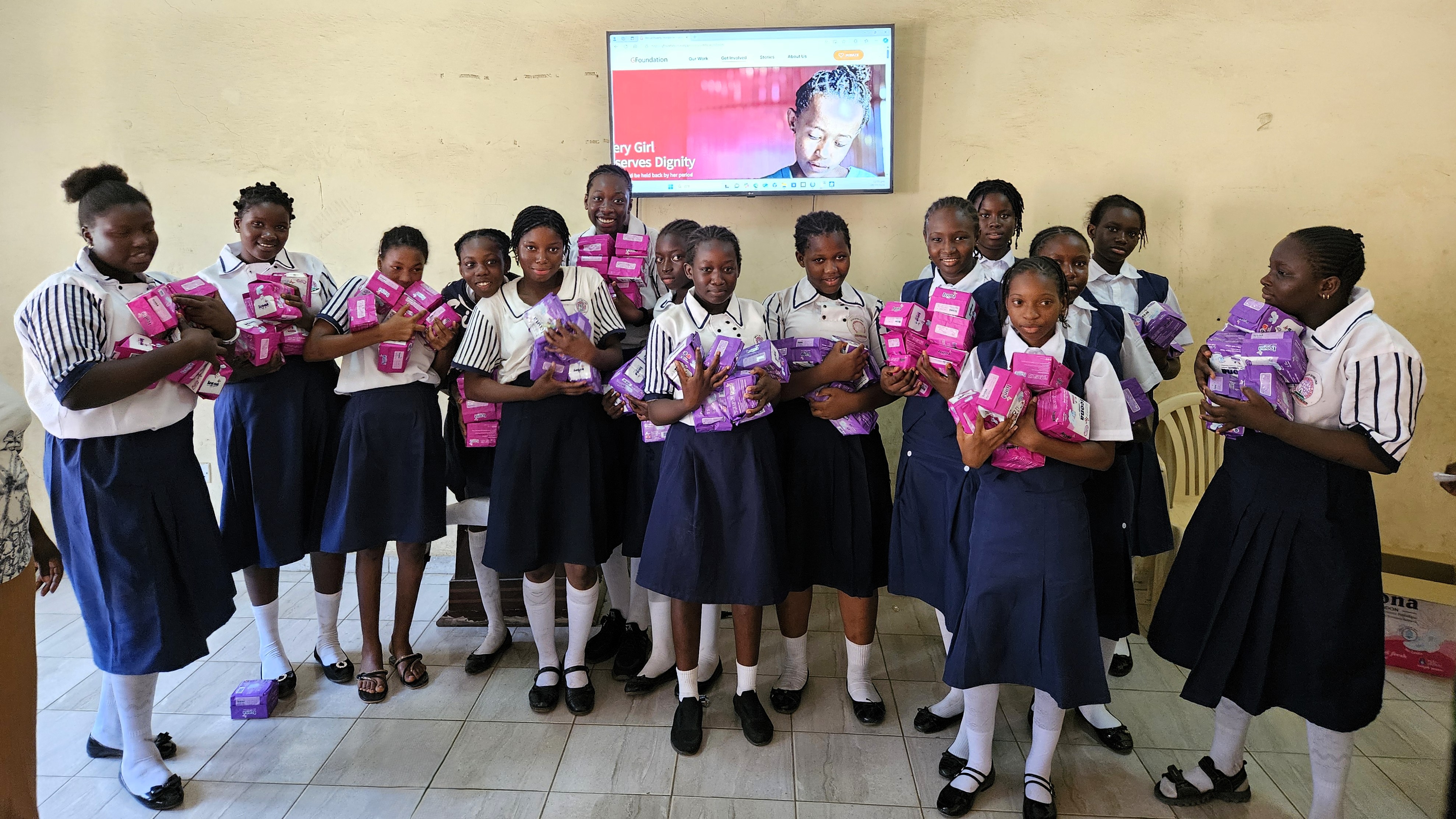
Upon hearing the serious struggles in The Gambia last year, Gfoundation delivered 720 packs of sanitary pads and distributed them to girls and women in our partner organizations in The Gambia earlier this January.
Cultural Stigma on Menstruation
Cultural Stigma
One of the toughest challenges in providing menstrual care to those in need is that menstruation remains a taboo topic. Cultural stigma makes it especially difficult for young girls to ask for—or even receive—help.
Nanke Sanyang, a 17-year-old student in Brikama, used to stay home during her period—too embarrassed to explain why she was absent. After receiving a bundle of sanitary pads, she shared her relief at being able to attend school confidently, no longer dreading each month.
Unfortunately, some girls were unable to receive these gifts due to cultural sensitivities. A few declined support altogether to protect their privacy, while others were held back by families unwilling to share personal information for religious reasons.
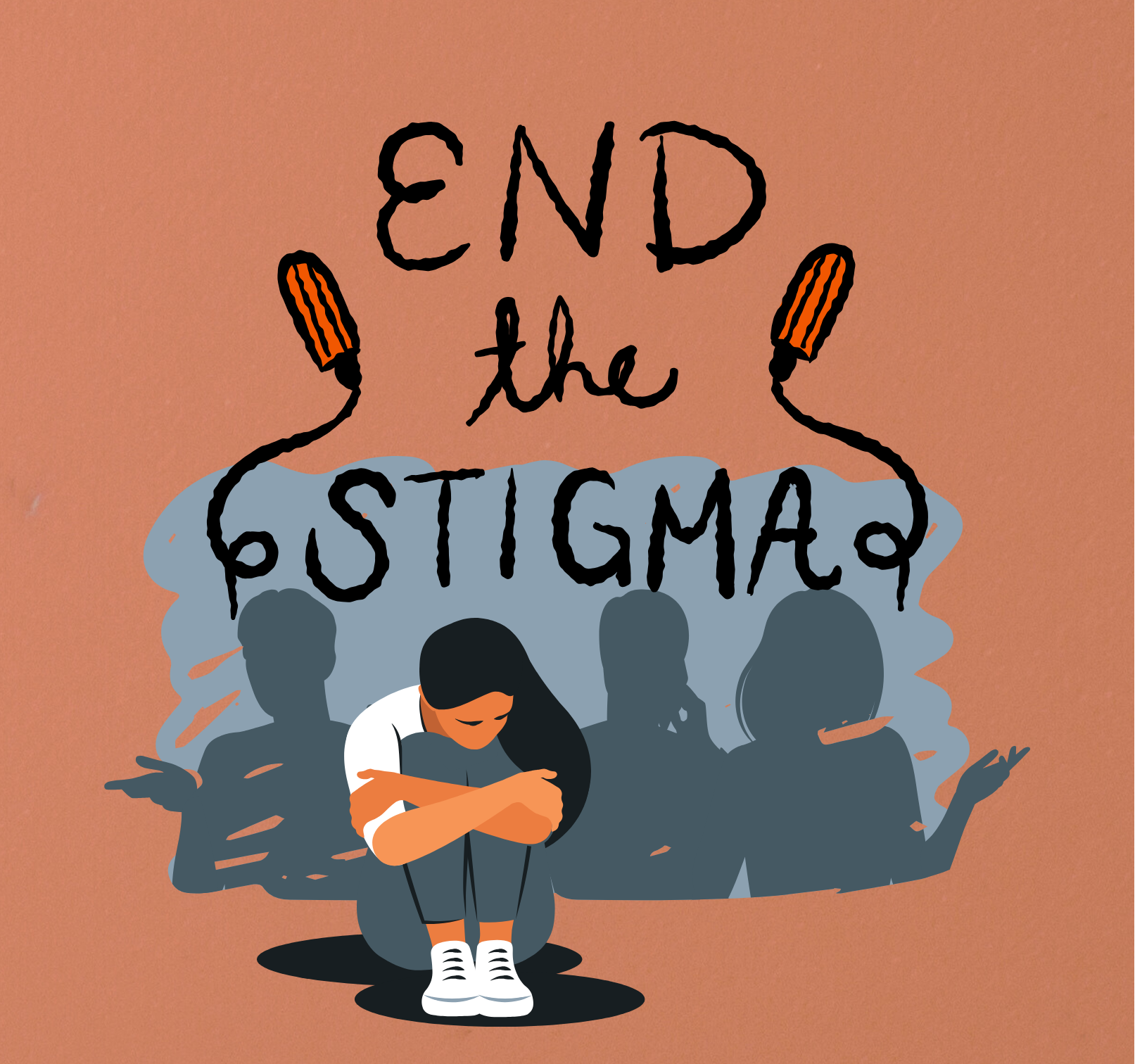
Going Forward
Steps for Inclusivity
These challenges remind us that menstrual health support does not end with just providing products—it’s about building trust and understanding the unique context of each community. We are committed to a more respectful, inclusive approach that reaches more girls and women in need.



